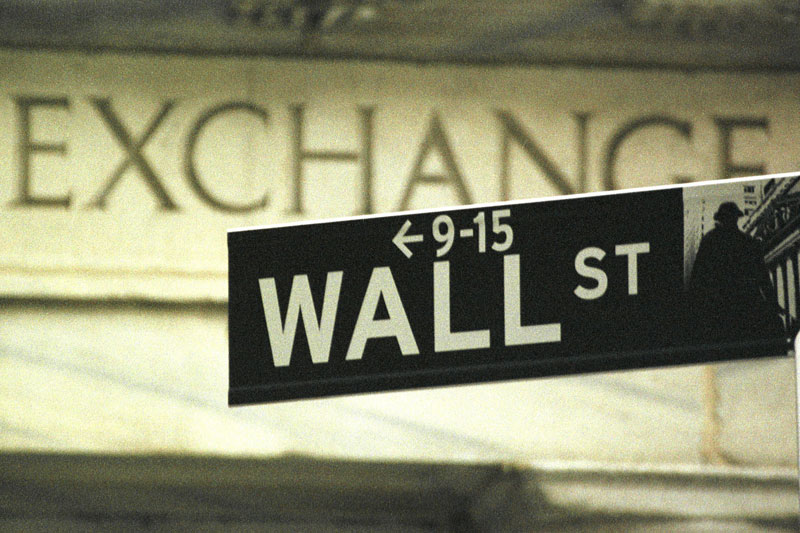Investing.com -- U.S. stocks fell sharply on Friday extending its worst start to a year on record, as the major indices were besieged by further declines in oil, continued signals of weakening growth in China and a fresh batch of soft economic data which exacerbated fears of a potential recession.
At one point, the Dow Jones Industrial Average fell as much as 537 points to a five-month low, while the NASDAQ Composite index and the S&P 500 Composite index each dropped to their lowest levels since October, 2014 on a jittery day for investors. In spite of a late rally, the Dow still closed at 15,988.08, down 390.97 or 2.39%, while the NASDAQ lost 126.58 or 2.74% to 4,488.42, as biotech and semiconductor stocks weighed.
The S&P 500, meanwhile, fell by 41.55 or 2.16% to 1,880.29, as stocks in all 10 sectors closed in the red. Stocks in the Technology, Energy and Basic Materials industries lagged, each falling by more than 2.25% on the session. The NASDAQ has tumbled by roughly 10% on the new year, while the Dow and S&P have each fallen by approximately 8% respectively.
A historic downturn in oil prices continued to drag down global stocks, as both the U.S. and international benchmarks of crude dipped below $30 a barrel to hit fresh 12-year lows. Over the first two weeks of 2016, crude futures have plummeted by approximately 20%. A wave of weak economic reports also provided significant downside pressure on U.S. stocks and weighed on the dollar. U.S. producers prices and retail sales both fell slightly last month, falling below analysts' expectations, while industrial and manufacturing production also moved lower in December, underscoring long-term concerns related to the global commodity rout.
In addition, a sell-off in financial stocks contributed to Friday's crash, as shares in Citigroup Inc (N:C) and Wells Fargo & Company (N:WFC) both fell by more than 3%. The major Wall Street banks both suffered poor sessions, despite reporting solid fourth quarter revenues and earnings on Friday. The banks' exposure to slumping Emerging Markets and a host of struggling commodities prompted the decline, analysts said.
After finishing as the worst performer on the Dow in each of the previous two sessions, Home Depot Inc (N:HD) rebounded on Friday to top the index. Home Depot (N:HD) still lost 0.87 or 0.73% to 118.75, as all 30 components closed in the red. Intel Corporation (O:INTC) fell 2.93 or 8.73% to 29.82, closing as the Dow's worst performer, in the wake of disappointing fourth quarter results and a weak forward guidance.
The biggest gainer on the NASDAQ was Electronic Arts Inc (O:EA), which added 1.56 or 2.42% to 66.04, after receiving an upgrade from analysts at BA. Intel (O:INTC) was also the worst performer, just below Micron Technology Inc (O:MU), which dropped 0.95 or 7.90% to 11.07. Intel and Micron pulled down the Philadelphia Semiconductor Index, which fell by approximately 4.5% on the session.
The top performer on the S&P 500 was Wynn Resorts Limited (O:WYNN), which gained 7.01 or 13.61% to 58.51, amid signals that its struggling Macau casino could be on the verge of stabilizing. The oil rout continued to drag down Williams Companies Inc (N:WMB), the session's worst performer. Williams, a Tulsa, Oklahoma based oil and gas company, ended a rough week at 16.09, down 2.20 or 12.03% on the session.
On the New York Stock Exchange, declining issues outnumbered advancing ones by a 2,564 to 542 margin .
